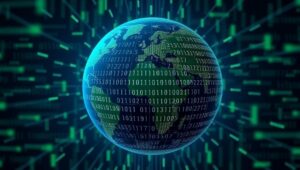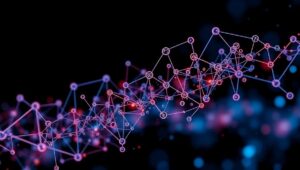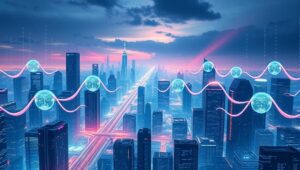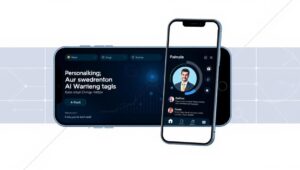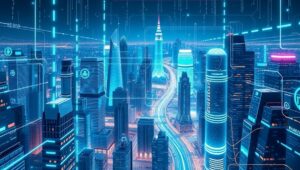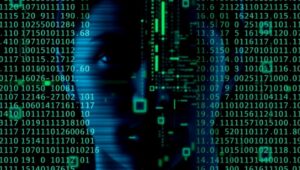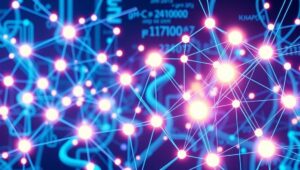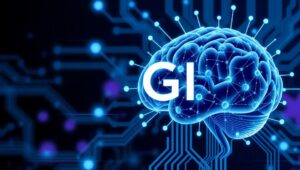May 15, 2025
The Rise of the Intelligent Edge in IoT (2025 and Beyond)
The Rise of the Intelligent Edge in IoT (2025 and Beyond) The Internet of Things (IoT) has revolutionized industries, connecting billions of devices and generating vast amounts of data. However, transmitting all this data to the cloud for processing can lead to latency issues, bandwidth limitations, and security concerns. This is where the intelligent edge comes into play, bringing computation and data storage closer to the source of data generation. In this post, we’ll explore the rise of the intelligent edge in IoT, its benefits, challenges, and future trends. What is the Intelligent Edge? The intelligent edge refers to the


